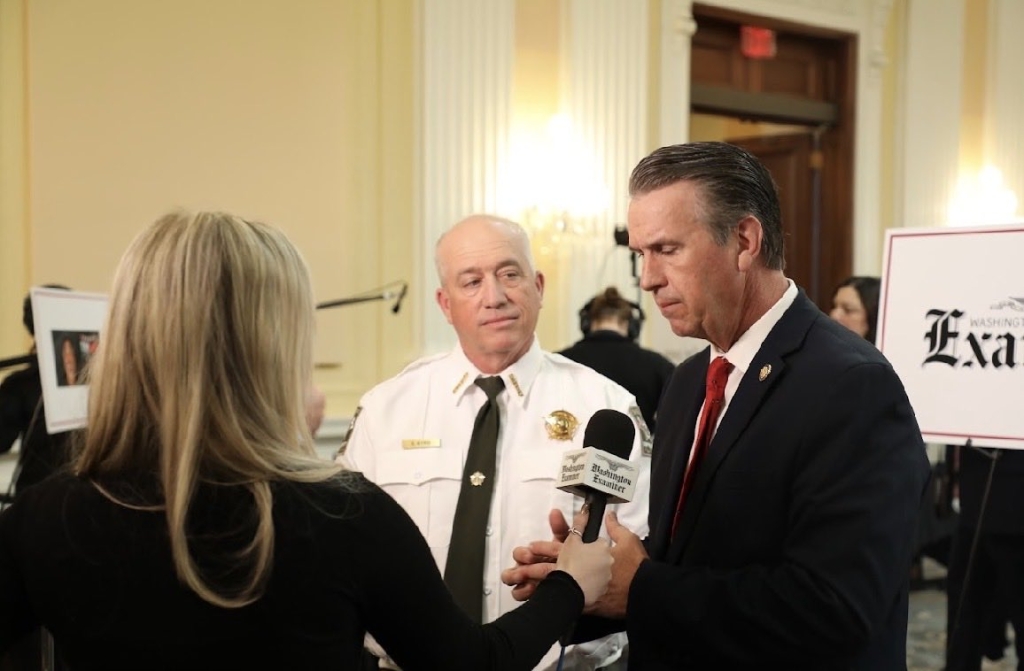In 2018, the Intergovernmental Panel on Climate Change set a new goal to limit global warming to 1.5 degrees Celsius. The costs and consequences of aggressive action against global warming basically exceed comprehension. Recent research in sustainability buttresses this point.
Estimates put the level of energy use “compatible with avoiding 1.5ºC of global warming without relying on negative emissions technology” at around 7,500 kilowatt-hours per person per year. Americans currently use more than 10 times this level, so our energy use would need to decline drastically.
A new paper in Global Environmental Change examines whether adequate quality of life is possible with low energy use. The research uses six quality of life measures from the World Bank: life expectation, food consumption, safe drinking water, safe sanitation, education and poverty. Acceptable levels of the six measures were specified. The 29 of 106 nations examined achieving all six life quality targets use at least double the sustainable energy threshold.
Since adequately performing economies use too much energy, other research has formulated low energy consumption levels satisfying human needs. What would low energy life be like? For starters, an end to private transportation, not just switching to electric vehicles. People will have to rely on public transit and “active” transport (e.g., walking).
A family of four could have a residence of not more than 650 square feet illuminated for six hours a day. People could have nine pounds of new clothes and less than 200 pounds of clothes washing annually. (The clothes people typically wear weigh about two pounds.) Each family would be allowed one laptop computer and one refrigerator; everyone 10 years or older would get a cell phone.
The society envisioned differs fundamentally from ours, and not just due to energy use. Markets involve voluntary exchanges between willing buyers and willing sellers. Anyone willing to pay can buy a second refrigerator to chill beer. In the economy designed to halt global warming, sustainability experts will tell us what we can have.
Halting global warming also means ending growth: “Abandoning the pursuit of economic growth beyond moderate levels of affluence appears ecologically necessary.” I find this profoundly immoral. People work and sacrifice so their children and grandchildren can have a better life. Economic growth enables this better life.
Modern prosperity enables a high quality of life. Consider life expectancy, which has increased in the U.S. from less than 50 years in 1900 to nearly 80 today. Medical research eliminated premature deaths from causes like pneumonia and heart disease. We could afford to train enough doctors that some could specialize in studying diseases. Prosperity gave medical researchers the needed tools, facilities, and resources.
Medical research will further improve health if economic growth continues. Researchers’ ability to analyze DNA is yielding tremendous advances. Gene editing has cured a case of sickle-cell disease. Researchers have only recently begun studying the aging process to see if it can be prevented.
Numerous criticisms could be raised against sustainability research. The energy use threshold mentioned above makes no allowance for differences in greenhouse gas emissions across energy sources. The threshold needlessly rules out “negative emissions” technologies to remove carbon dioxide from the atmosphere. And the 1.5ºC warming limit is ultimately political.
The redesign of society is totally at odds with Americans’ stated willingness to spend to limit global warming. As Bjorn Lomborg notes, “while more than three-quarters of all Americans think climate change is a crisis or enormous problem, a majority was unwilling to spend even $24 a year on fixing it.” If we do not want to end modern life to combat global warming, now is the time to tell our elected officials.
Although we might dismiss sustainability research as irrelevant academic scribbling, the government response to COVID-19 cautions against this. For years, some epidemiologists advocated using nonpharmaceutical interventions during a pandemic, although they figured such measures would never be tolerated in the U.S. or Europe. Given the right circumstances, seemingly irrelevant academic research can enormously change our lives.
Daniel Sutter is the Charles G. Koch Professor of Economics with the Manuel H. Johnson Center for Political Economy at Troy University and host of Econversations on TrojanVision. The opinions expressed in this column are the author’s and do not necessarily reflect the views of Troy University.












